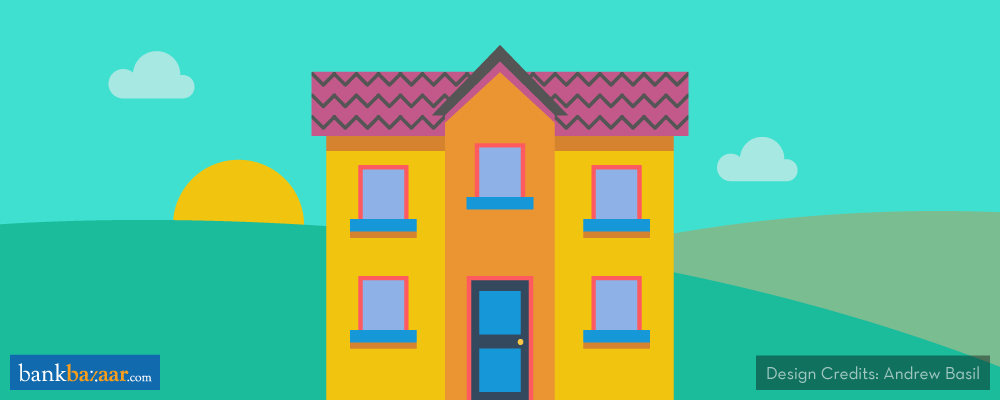
It’s common to take out a Home Loan in order to buy a plot or a house. Although seeking loans has become easier with online applications and faster disbursals, not everyone can get a loan. Banks do a thorough check on your financial background.
This is done in order to assess your loan eligibility and creditworthiness. If you fall short on any parameters, you may find it tough to get yourself a loan.
Therefore, if you’re looking to apply for a Home Loan, here are some things you need to keep in mind:
Loan amount
Banks usually offer a loan worth 80-90% of the property price, so make sure you are prepared to pay the rest as a down payment. The loan may or may not cover the additional costs involved when purchasing a property such as registration, stamp duty, repairs, furnishing etc.
Credit history
The loan amount is further determined on the basis of the financial records of the applicant. Banks often refer to the Credit Score of an applicant to better understand his or her credit-taking and repayment habits.
Repeated delays in loan repayments impacts your credit score negatively, consequently reducing your chances of getting a loan sanctioned. So, make sure your credit history is free of blemishes and your CIBIL Score is at least above 750.
Loan eligibility
The eligibility criteria for a Home Loan is unique for each bank or lending institution. If your age doesn’t fall within the eligibility range, or your employment details don’t show stability, or your income is not sound etc., you could face rejection. Make sure you check the loan eligibility norms before you apply for a Home Loan in order to avoid rejection.
Documents required
Apart from the regular KYC documents, which furnish details like your age, address and income proof, you are required to submit a copy of your salary slip (if salaried) and IT returns for the last three years.
For the self-employed, a copy of the balance sheet, profit and loss account statements and IT returns of the last three years certified by a chartered accountant are required. Property documents along with the original copy of your sale agreement are to be submitted as well.
Joint applicant or guarantor
If you are falling short of the loan eligibility requirements, you may be asked by the bank to have a joint applicant (such as your spouse) or a loan guarantor, whose job it is to ensure the loan gets repaid.
For example, your credit score may be unsatisfactory, but your spouse’s credit score may be able to raise your collective score to an acceptable level if you apply together.
Legality of the property
Any unsettled disputes with the property can lead to rejection of the loan. Before sanctioning a Home Loan banks run a background check on the property as well as the builders to make sure that the property has clear titles and is dispute-free.
Loan protection plans
Since Home Loans have a long tenure, the need for Home Loan insurance should not be overlooked.
Loan insurance comes in handy if you happen to pass away at some point during the loan tenure, or go through a temporary income loss due to unemployment or disability. With loan insurance, the burden of repaying your loan will not fall on your dependents.
Availing a Home Loan is easy once you have all your documents—and your expectations—right where they need to be. To avoid the hassles of paperwork, you can always go online, compare loan products, and apply for a loan easily through your smartphone.
BankBazaar is your one-stop shop for your personal finance needs! Visit our Maha March Bonanza to shop for a Personal Loan, Car Loan, Home Loan or Credit Card with free gift vouchers (T&C Apply)
Guidance about to take loan to make home and other consructions …. Also visit this link about more loan Guidance .
Hi Imran, Cool. Thanks. Cheers, Team BankBazaar